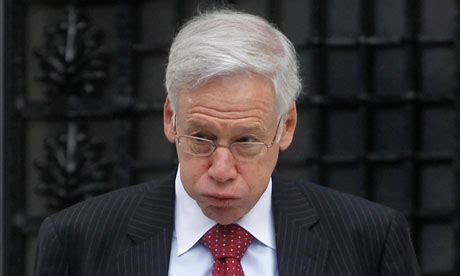A Quote by Richard N. Haass
A China that trades extensively with the U.S. and its Asian neighbors will think twice before it pursues any policy that would place those relationships at risk. Likewise, trade between India and Pakistan could contribute to the normalization of ties between these long-estranged neighbors.
Related Quotes
If Pakistan honors in letter and in spirit the commitment that it gave to Mr. Vajpayee in 2004, that Pakistan territory will not be used for promoting terrorist acts against India, the sky is the limit of cooperation between our two countries. Basically, we are the same people. There are ties of religion. There are ties of language. There are ties of culture.
Burma is located between China, India, and South East Asia. So it is quite natural that a country wanting diplomatic relations with our country would pay attention to who our regional neighbors are. It is not at all fair to ask a country to build relations with Burma but not take into account the situation in China. There is no way to think that taking the Chinese situation into consideration shows a disregard for Burma.
Ronald Reagan, when he was campaigning for President, said that he would break relations with Communist China and re-establish diplomatic relations with Taiwan. But when he got into office, he pursued a very different policy of engagement with China and of increasing trade and business ties with China.
The real concern is that Iran would do what Pakistan did. Pakistan wanted nuclear weapons, like Iran, purely for defensive reasons - to defend itself against India. The problem was that once Pakistan acquired the weapons, it allowed the country to be more aggressive. So they stepped up their support for the Kashmiri terrorists, and it led very quickly to the Kargil crisis in 2000, which almost sparked a nuclear war between India and Pakistan.
In 2006, I became the fist American to be allowed to go visit their astronaut center in China in Beijing. I think that it makes sense for the U.S. to work with China in the future and I hope to see, if the political atmosphere between the United States and China allow for us to do more cooperation together, especially in the area of human space flight. I think in the same way that it's help improve the relations between the U.S. and Russia; it would help to improve the relations between the U.S. and China.
After the revolution of 1979, Iran embarked on a policy of sectarianism. Iran began a policy of expanding its revolution, of interfering with the affairs of its neighbors, a policy of assassinating diplomats and of attacking embassies. Iran is responsible for a number of terrorist attacks in the Kingdom, it is responsible for smuggling explosives and drugs into Saudi Arabia. And Iran is responsible for setting up sectarian militias in Iraq, Pakistan, Afghanistan and Yemen, whose objective is to destabilize those countries.
Community, then, is an indispensable term in any discussion of the connection between people and land. A healthy community is a form that includes all the local things that are connected by the larger, ultimately mysterious form of the Creation. In speaking of community, then, we are speaking of a complex connection not only among human beings or between humans and their homeland but also between human economy and nature, between forest or prairie and field or orchard, and between troublesome creatures and pleasant ones. All neighbors are included.







































